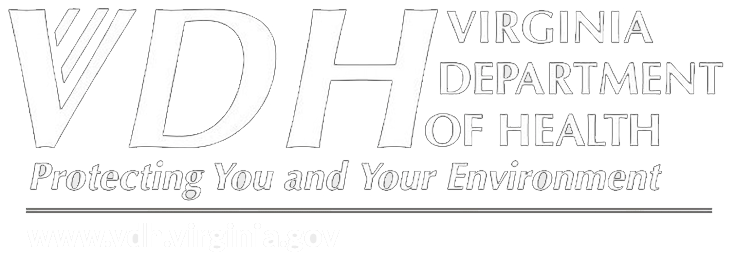
If you suspect you or someone in your household or office has been poisoned, don’t waste time trying to figure it out. Call the national hotline immediately. The number: 1-800-222-1222 is the same number across the country, but is staffed by 55 poison centers, two of them here in Virginia.
Fiorella Carhuaz, education specialist for the VA Poison Control Center, offers some tips about avoiding poisonous substances.
Q What are some of the most common calls that the Poison Center here in Virginia gets?
Carhuaz: the most common calls concerning possible poisoning are for medications, cleaning substances and personal care products such as makeup, creams and even hand sanitizer. We have seen a sharp increase in e-cigarettes and e-cigarette liquids. And, of course, opioid related calls.
Q: Do you have any advice for new parents or caregivers about safe storage of potentially toxic substances?
Carhuaz: I always tell parents, you need to see the world from your child’s perspective. If they are crawling, get down on your knees and crawl and see what they see. If they can see it, they will try and grab it. Keep things way up high, and preferably locked up. That’s the best way to prevent poisonings.
Q: Should people read labels before taking medication or using a household product?
Carhuaz: Always read labels every time, to double check possible side effects or interactions.
Q: Why is it important for people to take medication only prescribed to them?
Carhuaz: A doctor has seen their medical history and has determined it appropriate for them to take this medication, in this particular dosage. If someone takes a medication that was prescribed to someone else, it can actually harm them.
Q: Why is it important to keep household products in their original containers and to store food and household products in different areas?
Carhuaz: It’s important because accidents happen. We live in a fast-paced world and we may not stop and pay attention to what we are doing, just grab a container. In a hurry you may mistake or mix up two containers and it could be a deadly mistake. We actually do get calls like this.
Q: Should people talk with their pharmacist before taking a new drug?
Carhuaz: Yes, always. This is because you need to avoid drug interactions and be aware of all possible side effects. You should have this conversation with your doctor as well.
